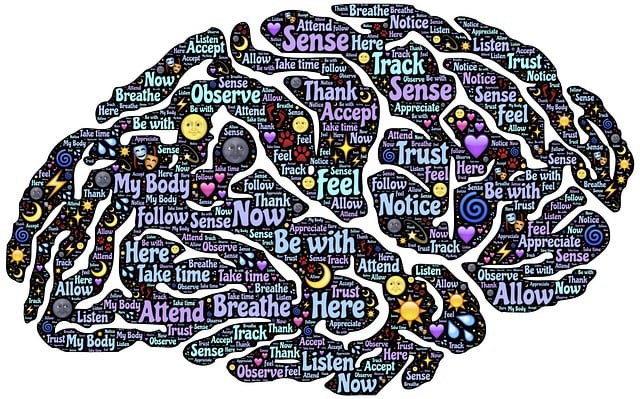Positive thinking exercises are proven effective in healing sexual abuse survivors, especially young children, significantly improving mental well-being. Integrated into therapy, these strategies rebuild trust and promote healthier relationships, counteracting trauma's effects. Tailored exercises, such as journaling and 'positivity jars', empower children to challenge unhelpful thoughts, fostering long-term positive thinking and emotional recovery. Therapists guide this process with techniques like Social Skills Training and Empathy Building, enhancing resilience and optimism, enabling survivors to break free from negative cycles and rebuild their lives with hope.
Positive thinking exercises offer a powerful tool for healing, especially for young children who have experienced trauma such as sexual abuse. This article explores the transformative impact of positive thinking on a child’s well-being and provides practical strategies for therapists. We delve into designing engaging activities tailored to children’s needs, effectively integrating them into therapy sessions to foster resilience and promote emotional growth. By understanding the science behind positive thinking, therapists can create a safe space for healing and empower young survivors.
- Understanding the Impact of Positive Thinking on Healing
- Designing Effective Positive Thinking Exercises for Children
- Integrating and Maintaining Positive Thinking in Therapy Sessions
Understanding the Impact of Positive Thinking on Healing

Positive thinking exercises have been recognized as powerful tools in the healing process, especially for young children who have experienced sexual abuse. Research suggests that cultivating positive thoughts and emotions can significantly impact a survivor’s mental well-being and overall recovery journey. This therapeutic approach aims to counteract the negative effects of trauma by encouraging resilient coping mechanisms.
In the context of therapy for young survivors, implementing positive thinking strategies can help rebuild their sense of safety and trust. By teaching them to reframe negative experiences and focus on strengths, therapists enable children to develop healthier relationships with themselves and others. This is particularly vital in managing risk factors associated with trauma, as it promotes better emotional regulation and reduces the likelihood of engaging in harmful behaviors or negative self-talk. Effective risk management planning for mental health professionals can be enhanced by integrating positive thinking exercises tailored to the unique needs of each survivor.
Designing Effective Positive Thinking Exercises for Children

Designing positive thinking exercises for children requires a sensitive and age-appropriate approach, especially when addressing topics like therapy for young children sexual abuse survivors. These exercises should focus on fostering resilience and promoting mental wellness rather than retraumatizing or complicating their experiences. One effective method is through mental wellness journaling exercise guidance. Encouraging children to express their thoughts and feelings in a safe and controlled manner can help reduce the stigma associated with mental illness and encourage open conversations about emotional health.
Customized activities, such as drawing pictures of happiness or creating ‘positivity jars’ filled with affirmations, can be powerful tools. These activities not only engage children but also offer subtle guidance on reframing negative thoughts. By integrating these practices into their daily routines, children learn to recognize and challenge unhelpful thought patterns, building a foundation for long-term positive thinking and emotional well-being, especially in their efforts to overcome the challenges posed by their past experiences.
Integrating and Maintaining Positive Thinking in Therapy Sessions

In therapy sessions for young children who have experienced sexual abuse, integrating and maintaining positive thinking is a delicate yet powerful process. Therapists play a crucial role in guiding these vulnerable individuals towards healthier cognitive patterns. By incorporating techniques like Social Skills Training and Empathy Building Strategies, therapists can foster an environment that promotes resilience and optimism. These strategies not only help children understand their emotions but also equip them with the tools to navigate challenging situations more effectively.
Through consistent practice, positive thinking becomes an integral part of a child’s recovery journey. Resilience-building activities, tailored to each child’s unique needs, can significantly enhance their ability to cope with trauma. By fostering empathy and social skills, therapists empower young survivors to break free from negative thought cycles, enabling them to rebuild their lives with hope and confidence.
Positive thinking exercises, when integrated into therapy sessions for young children who have experienced sexual abuse, can be a powerful tool for healing and recovery. By designing engaging activities that cater to their developmental stage, therapists can foster a sense of safety and empowerment, enabling children to process traumatic experiences in a healthy manner. Regular practice of these exercises not only enhances coping skills but also promotes resilience, allowing survivors to reclaim their emotional well-being and build a brighter future.








